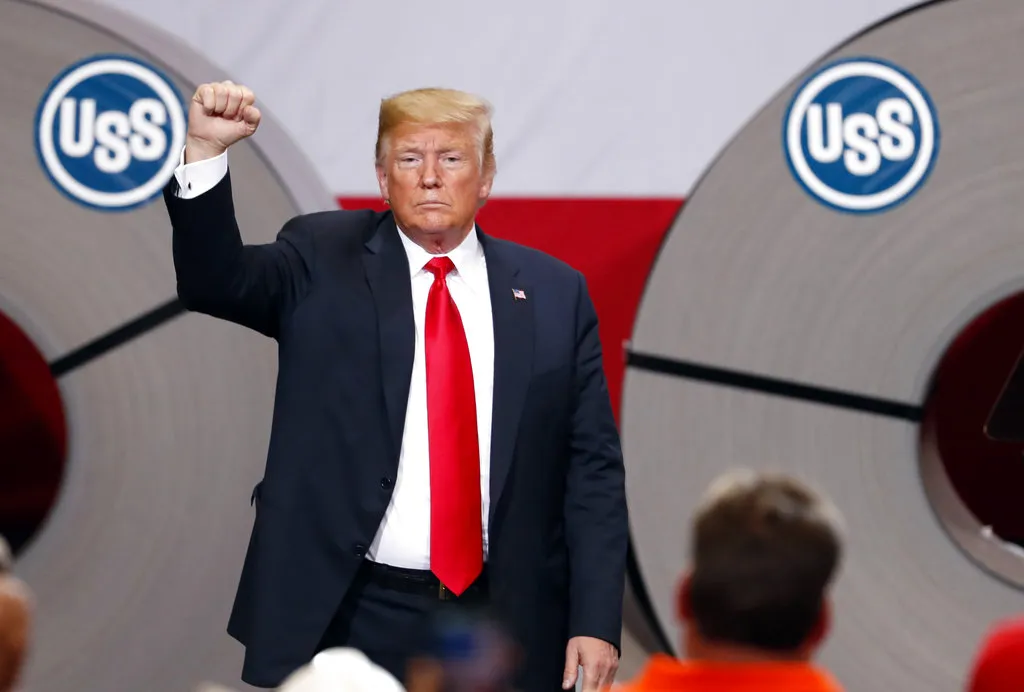The Trump 2.0 Trade Doctrine: Making Global Economy Unpredictable Again?

Trump's Proposed Tariffs and Economic Impact
Donald Trump’s anticipated return to the presidency marks a significant shift in economic policy, potentially destabilizing the global economy. His protectionist trade agenda includes imposing tariffs of up to 60% on Chinese imports and 10-20% on other foreign goods. This approach raises alarms about a new era of trade disputes, reminiscent of the economic challenges faced during the Great Depression.
Global Repercussions and Trade Relationships
Trump's economic strategy could instigate retaliation from key allies like Canada and the EU, leading to a series of counter-tariffs that would impact U.S. agricultural exports. The steep tariffs could heighten inflationary pressures, making basic goods more expensive for American consumers. Moreover, his policies risk breaching World Trade Organization agreements, escalating tensions globally.
Challenges to Federal Reserve Independence
A significant concern arises from Trump’s desire to influence U.S. monetary policy, which could undermine the independence of the Federal Reserve. If perceptions of political interference grow, it may erode investor confidence in the dollar and U.S. bonds, repositioning them as less stable compared to other global assets.
The Uncertain Future
As Trump enters the political arena again, the uncertainty surrounding his trade strategies leaves the global economy at a crossroads. Market stakeholders are closely monitoring his actions and the potential broader implications of his policies on international trade.
This article was prepared using information from open sources in accordance with the principles of Ethical Policy. The editorial team is not responsible for absolute accuracy, as it relies on data from the sources referenced.